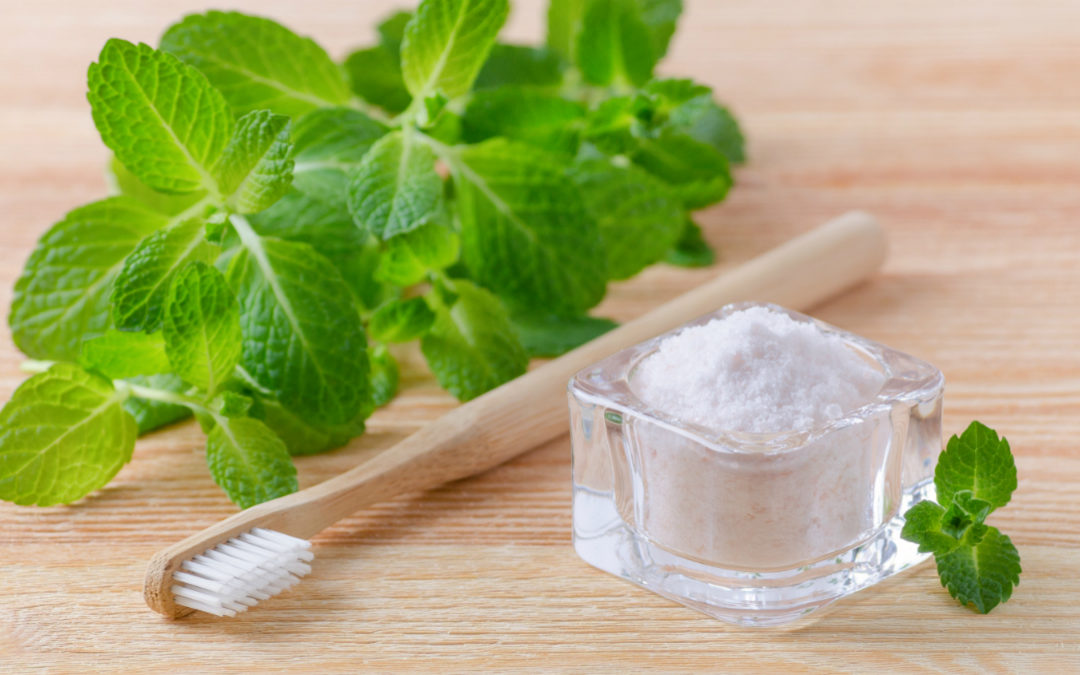Xylitol is a sugar alcohol that is often used as a sugar substitute. It has a sweetness level that is similar to sugar but with fewer calories and a lower glycemic index. Xylitol is naturally occurring and can be found in small amounts in fruits and vegetables, but is usually commercially produced from wood, corn cobs, or other plant material.
Xylitol has several potential health benefits, including:
- Dental Health: Xylitol is known to prevent the growth of harmful bacteria in the mouth that can cause cavities and gum disease. It also stimulates the production of saliva, which can help to neutralize acids in the mouth and protect tooth enamel.
- Blood Sugar Control: Xylitol has a low glycemic index, which means it does not cause a rapid rise in blood sugar levels. This can be particularly beneficial for people with diabetes or those who are at risk of developing diabetes.
- Weight Management: Xylitol has fewer calories than sugar and can help to reduce calorie intake, which may aid in weight management.
- Bone Health: Some studies have suggested that xylitol may help to improve bone density and reduce the risk of osteoporosis.
Xylitol is commonly used in toothpaste as an ingredient that can help to promote dental health. Xylitol has been shown to inhibit the growth of harmful bacteria in the mouth that can cause cavities and gum disease. When used in toothpaste, xylitol can help to reduce the risk of tooth decay and improve overall dental health.
In addition to its antibacterial properties, xylitol also has the ability to stimulate saliva production. Saliva helps to neutralize acids in the mouth that can erode tooth enamel and cause cavities. By promoting saliva production, xylitol can help to protect teeth from damage.
Many toothpaste brands now include xylitol as an ingredient in their formulations. Xylitol toothpaste is available in a variety of flavors and formulations, including fluoride-containing and fluoride-free options.
It is important to note that while xylitol can be beneficial for dental health, it is not a substitute for proper oral hygiene practices like regular brushing and flossing. Dental professionals recommend brushing teeth twice a day for two minutes each time and flossing daily to maintain good oral health.

